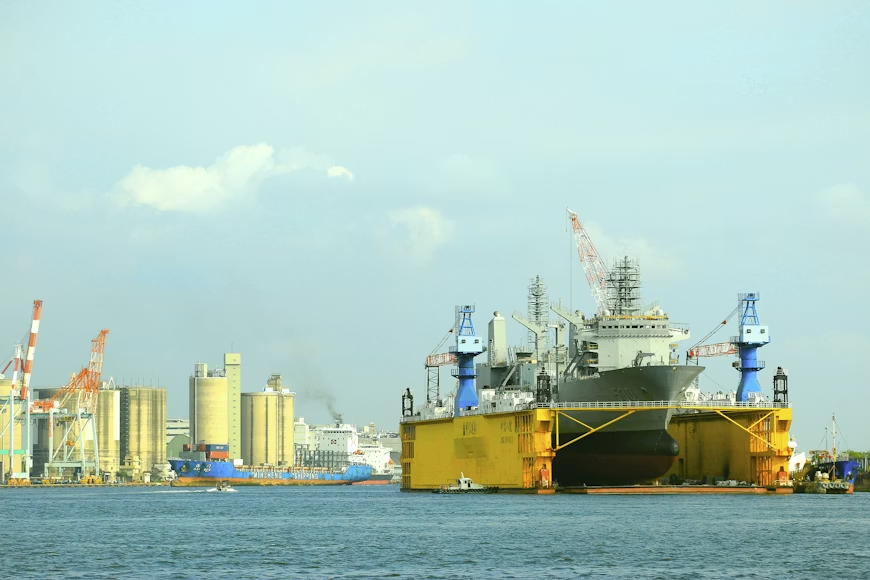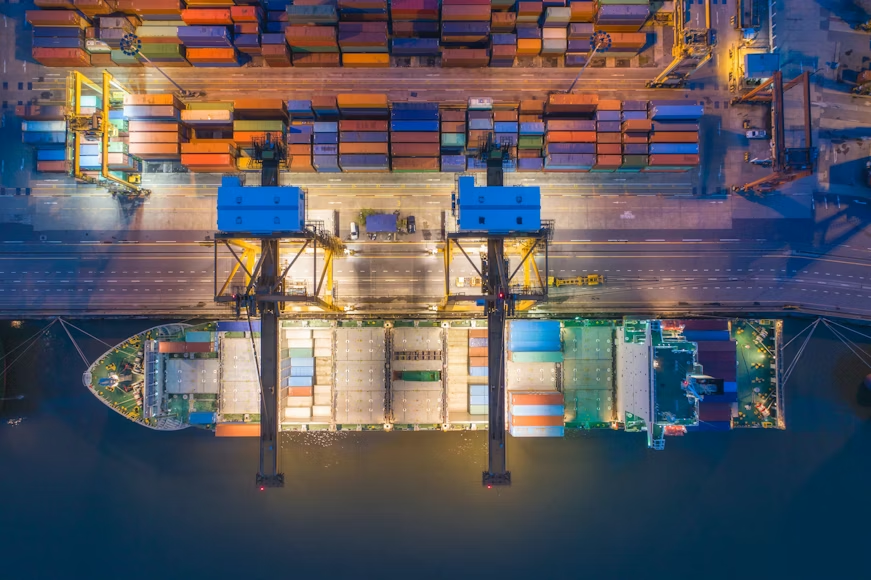ANBOUND researchers have indicated that the ongoing conflict between Russia and Ukraine is poised to trigger a significant transformation in the global energy landscape. This shift pertains to changes in energy production, trade flows, transportation, consumption patterns, investment, and financial markets. The situation is expected to alter the longstanding structure of the global energy sector and lead to a systematic overhaul of the industry and market.
Europe and the United States are striving to reduce their dependency on Russian energy, a goal that presents short-term challenges. Russia’s energy exports have strategic implications, serving as leverage in geopolitical relations. European nations, motivated by the desire to decrease energy constraints imposed by Russia, are embarking on a gradual and challenging journey to dissociate their economies from Russian energy inputs, requiring a fundamental reset in the energy sector.
This transition is already in motion. For example, German President Frank-Walter Steinmeier has recently acknowledged past misjudgments regarding energy policy, particularly the continuation of the Nord Stream 2 pipeline project after 2014. This introspection signifies Germany’s commitment to decreasing reliance on Russian energy supplies.
The recalibration of energy strategies involves two primary facets: Firstly, European countries are exploring new oil and gas suppliers globally, including the Middle East, Canada, the United States, and Australia. This search for alternatives is poised to cause significant adjustments in global energy supply and demand, though meeting immediate needs remains complex.
Secondly, a shift in energy consumption patterns is underway, with reduced reliance on fossil fuels and a pivot towards renewable and alternative energy forms. The Russia-Ukraine conflict has not only expedited this transition but has also highlighted the geopolitical relevance of energy transformation.
An important development in this context is the renewed focus on nuclear energy. Nations like Germany and Belgium are reconsidering timelines for phasing out nuclear power, while others are advocating for its increased development. The United Kingdom, for instance, has launched an energy strategy that positions nuclear power as central to achieving energy independence and addressing high energy prices. This plan includes the approval of up to eight new nuclear reactors by 2030, a significant acceleration compared to previous rates.
The debate on the role of nuclear energy in this recalibration is multifaceted. Technologically, nuclear energy represents advancement, yet it also revives concerns over environmental and nuclear safety, as underscored by historical nuclear incidents. The pressure of current geopolitical events has led some countries to pragmatically reconsider nuclear energy to secure energy supply, marking a contentious shift in the global energy discourse.
Stay current with supply chain report news at The Supply Chain Report. For international trade resources, visit ADAMftd.com.
#GlobalEnergyShift #EnergyTransformation #RussiaUkraineConflict #EnergySecurity #GeopoliticalEnergy #NuclearEnergyDebate #EnergyTransition #RenewableEnergyFuture #FossilFuelAlternatives #EuropeanEnergyPolicy #GlobalEnergyTrade #EnergyMarketReset
















